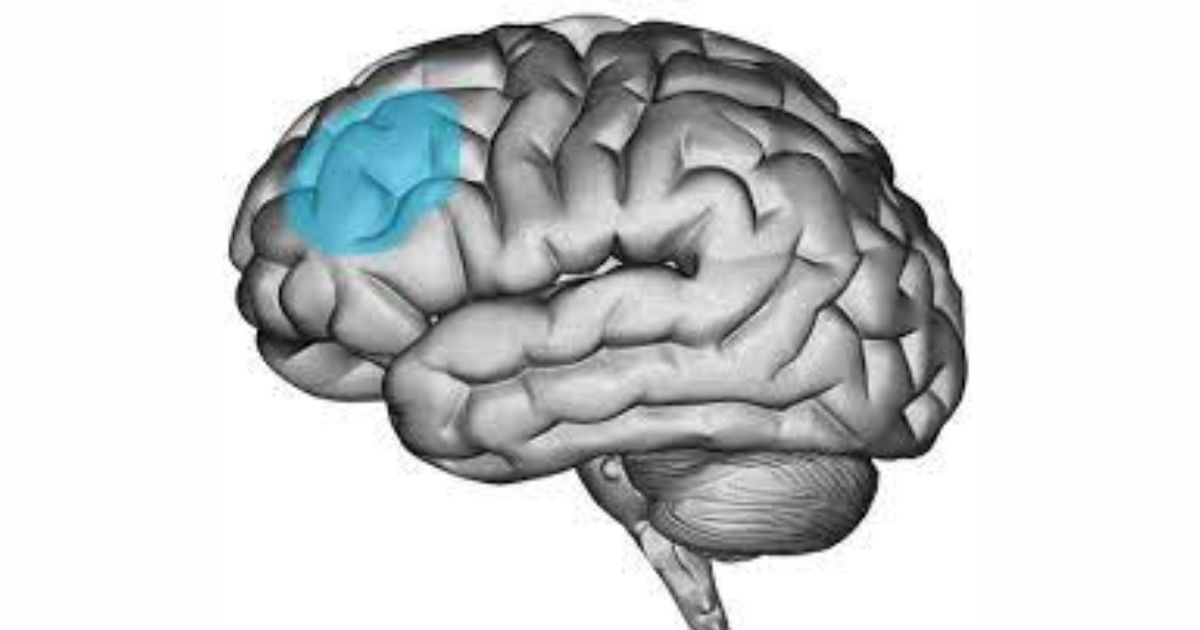A groundbreaking study conducted in Austin explores an innovative treatment approach for assisting individuals struggling with treatment-resistant depression. Dr. Sabrina Segal, the study’s author and Director of Research at Family Care Center (FCC) in Austin, reveals promising results using transcranial magnetic stimulation (TMS) on both the left and right sides of the brain.
Dr. Segal describes the approach as unique in the field, initially designed to address anxiety and PTSD symptoms. However, the study unexpectedly demonstrated significant effectiveness in alleviating depressive symptoms.
Dr. Chuck Weber, Chief Medical Officer of FCC, has been utilizing TMS for several years. TMS, a non-invasive technology FDA approved since 2008, employs magnetic pulses to create an electrical charge, providing an alternative to medication for treating mental conditions.
TMS Protocol – An Innovative Treatment Approach
The modified TMS protocol, involving stimulation on both brain hemispheres, yielded impressive outcomes, according to Dr. Weber. Response rates ranging from 60 to 80% were observed in patients with depression, obsessive-compulsive disorder (OCD), general anxiety disorder, and post-traumatic stress disorder (PTSD).
Dr. Segal’s analysis of the collected data, published online, reveals that 66% of participants with major depressive disorder responded positively to the innovative treatment.
Dr. Weber emphasized the safety of the approach, highlighting its non-invasiveness and minimal discomfort. While acknowledging the potential for slight headaches in initial sessions, he assured a cautious and gentle protocol to ensure patient comfort.
The study’s success has prompted discussions about a larger-scale research initiative. Drs. Segal and Weber express optimism about the modification’s potential to provide relief for individuals with severe depression without the need for medication.
The groundbreaking findings open new possibilities for non-pharmaceutical interventions in mental health, offering hope to those who have been resistant to traditional treatments. As further research unfolds, the innovative TMS protocol may become a transformative approach in addressing severe depression.








Leave a Reply
You must be logged in to post a comment.